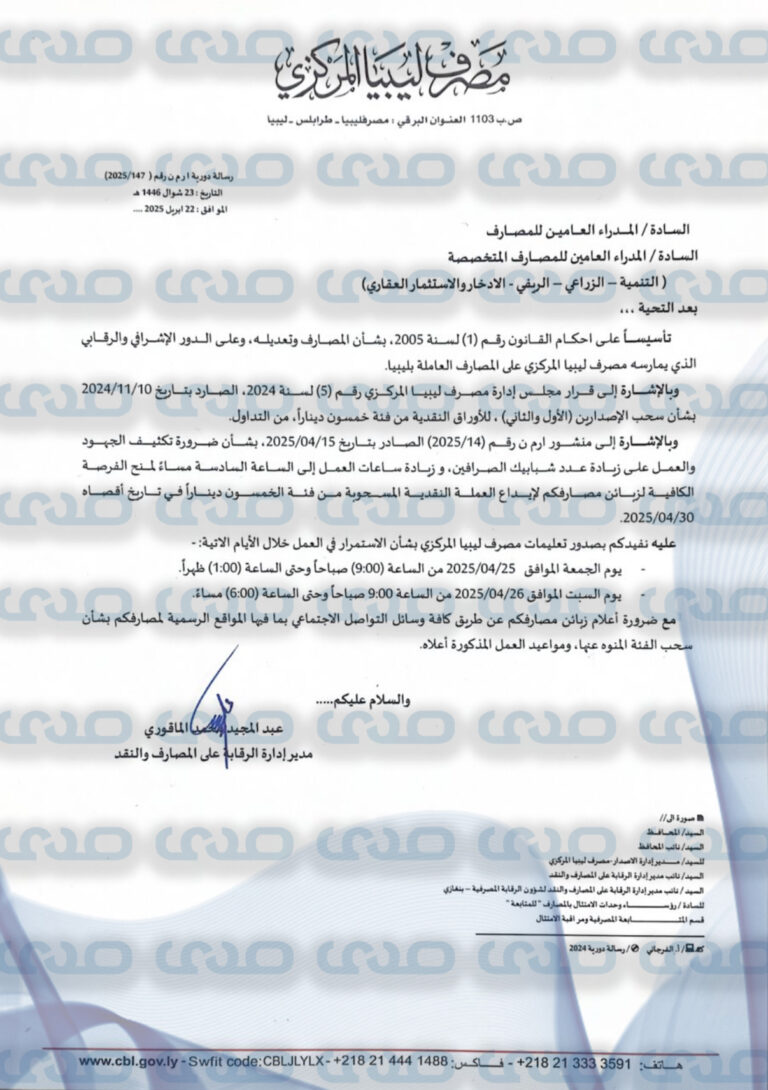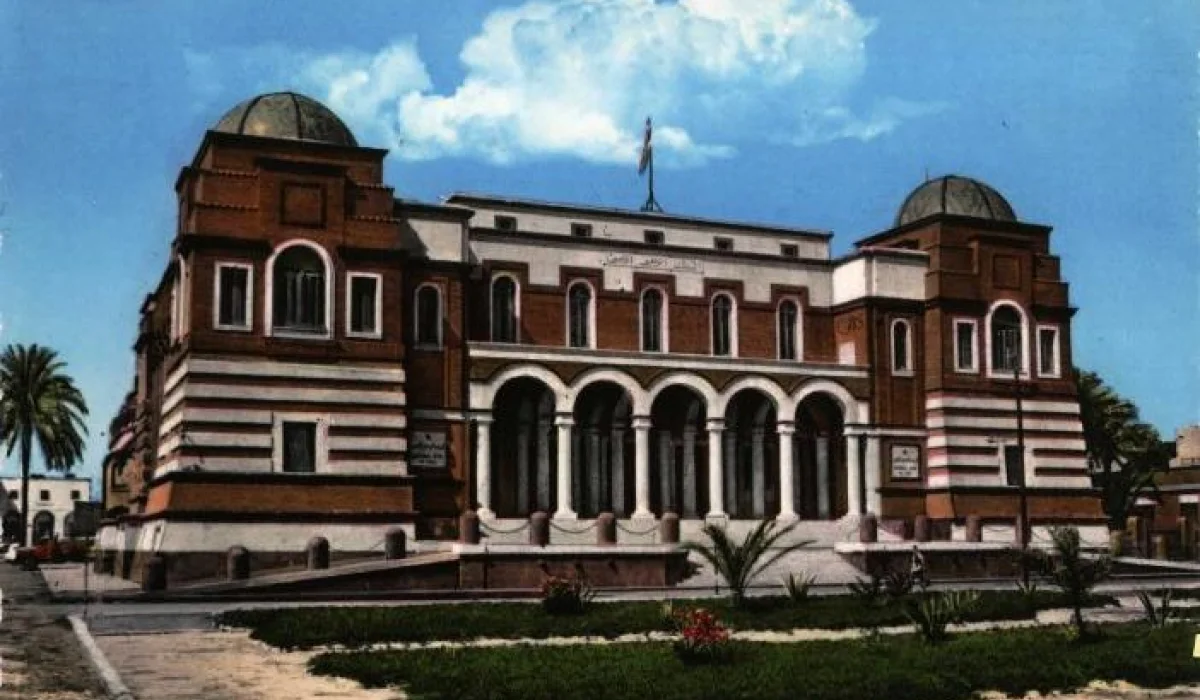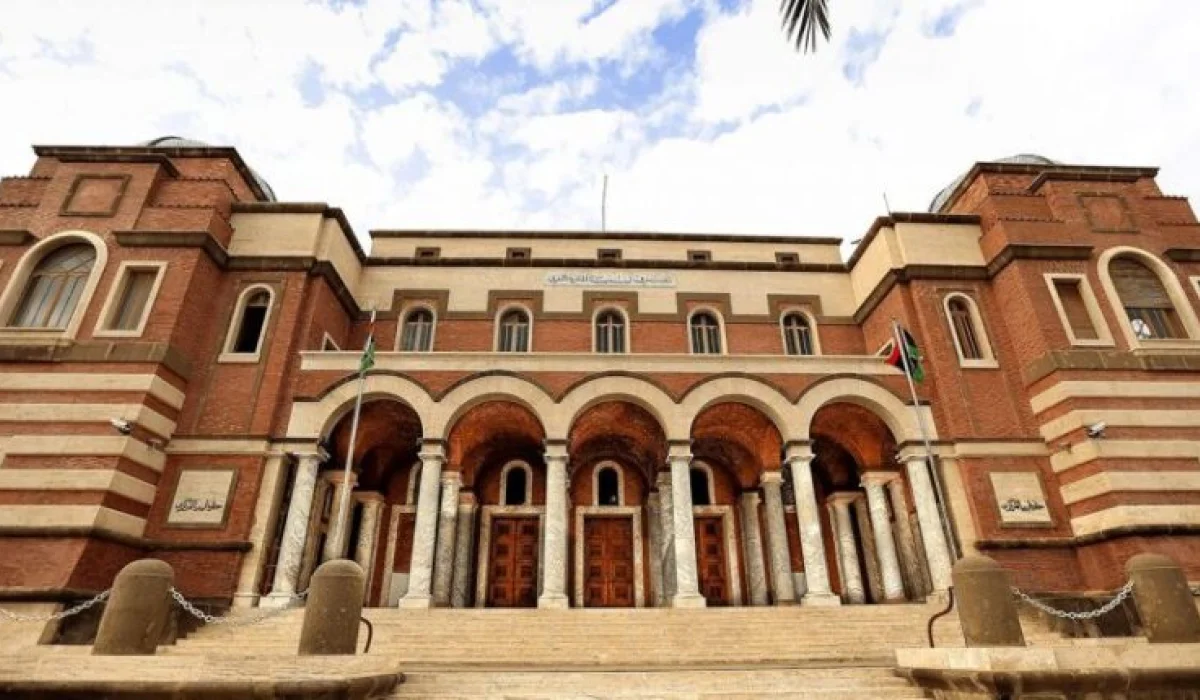The International Monetary Fund (IMF) mission released its concluding statement for 2025 on Libya, which includes the preliminary findings of the IMF team at the end of its official visit to Libya—an annual consultation conducted under Article IV of the IMF Agreement.
The statement said that the dispute over the leadership of the Central Bank last August, along with the disruption in oil production, negatively impacted growth in 2024. It is estimated that production contracted due to a forced decline in GDP from hydrocarbon resources. However, this was partially offset by an increase in non-oil activities, fueled by continued government spending. After the dispute was resolved, oil production recovered and is now approaching 1.4 million barrels per day.
It added: Official inflation stood at around 2 percent in 2024, reflecting the broad subsidies on goods and services. However, this figure was affected by data measurement issues. Subsidized goods and services make up about one-third of the Consumer Price Index (CPI), which was based on an outdated consumption basket covering only Tripoli. This likely led to an inaccurate estimation of inflation due to significant price differences across Libya’s regions. The Bureau of Statistics and Census has now released an updated CPI with wider geographic coverage and revised weights.
Preliminary estimates indicate a budget and current account deficit in 2024. Government spending continued to rise amid falling oil revenues due to production and export stoppages. It is estimated that the current account shifted from a large surplus in 2023 to a deficit in 2024 due to reduced hydrocarbon exports, while imports remained largely unchanged. Reserves stayed at comfortable levels, supported by the revaluation of gold holdings at the Central Bank of Libya.
The banking sector managed to raise capital and strengthen its financial soundness indicators. In late 2022, the Central Bank required banks to increase their capital to comply with Basel II regulatory requirements. Most banks met their targets in 2024, resulting in a doubling of paid-up capital. Additionally, banks’ financial soundness improved significantly, with better ratios of non-performing loans. Private sector credit growth remained strong in 2024, particularly in the form of Murabaha financing for individual clients and salary advances for public employees, while corporate financing remained limited.
The economic outlook will be driven by developments in the oil sector, with real GDP expected to grow in 2025, mainly due to expanded oil production, before slowing down in the medium term. Growth in non-hydrocarbon activities is expected to remain around the 2021–2024 average (5–6 percent) throughout the forecast period, supported by continued government spending.
Current account and budgetary pressures are expected to persist in the medium term, driven by projected declines in oil prices and ongoing government demands to fully spend oil revenues. The outlook is subject to a high degree of uncertainty, with risks skewed to the downside, especially due to domestic political instability, oil price volatility, intensifying regional conflicts, and deepening geo-economic fragmentation.
Efforts to establish a unified budget should remain a top priority, as this would help set spending priorities and strengthen fiscal credibility. In the meantime, authorities should resist pressure to increase current spending, particularly on wages and subsidies. They should also enhance public financial management, including through stronger macroeconomic coordination within the Ministry of Finance.
In the medium term, significant fiscal efforts will be necessary to maintain sustainability and intergenerational equity, including through disciplined reforms in wages, energy subsidies, and non-hydrocarbon revenue collection.
The Central Bank of Libya devalued the dinar by about 13 percent in early April and imposed further restrictions on foreign exchange to relieve pressure on reserves. In the absence of traditional monetary policy tools, controlling fiscal spending remains the preferred policy response under Libya’s macroeconomic framework.
However, given Libya’s fragile political stability and institutional fragmentation, addressing spending pressures in the short term may not be feasible. Authorities should work to narrow the gap between the official and parallel exchange rates, including by phasing out the foreign exchange tax and easing currency restrictions, while maintaining international reserves.
The Central Bank of Libya needs to develop an effective domestic monetary policy framework with a defined policy rate that can serve as a benchmark for banks in Libya. This framework would allow the Bank to respond to changes in macroeconomic conditions, ease repeated downward pressures on the Libyan dinar, and provide a benchmark for credit pricing by banks and financial institutions.
The recent efforts by the Central Bank of Libya to inject new banknotes, promote electronic payments, and accelerate financial inclusion are a welcome step. However, more work is needed to address the cash accumulation problem and restore trust in the financial sector. Improving transparency, accountability, and financial literacy, along with developing attractive savings plans, will be key to boosting credit supply to the private sector. Authorities must continue to strengthen the anti-money laundering and counter-terrorism financing (AML/CFT) framework to support the stability of correspondent banking relationships and overall economic stability. The legal framework should align with international standards, and AML/CFT risk mitigation should be appropriately coordinated and risk-focused.
To stimulate economic diversification in Libya, it is essential to address the challenges facing the private sector. Informal employment remains high due to ongoing political instability and a weak business regulatory framework. Limited access to finance and foreign currency, public sector dominance, and poor governance are key barriers to growth in Libya. Banks continue to lack a defined framework for credit expansion since the passage of the interest prohibition law. Authorities must initiate a comprehensive economic reform plan focused on private sector development, beginning with updating regulatory frameworks, improving access to finance, and enhancing the security situation.
Governance reforms will be critical to support sustainable growth. Positive steps taken by the Central Bank to improve the banking governance framework are welcome. Additionally, efforts to combat corruption—such as the publication of the Libyan Audit Bureau’s annual reports and the adoption of a national anti-corruption strategy—are notable. However, significant governance gaps remain in the management of state-owned enterprises, public spending, rule of law, and overall state fragility. Addressing these issues in a timely manner will help create a better business environment and a more vibrant private sector. The next Article IV consultation mission is expected in Spring 2026.
Share the news















